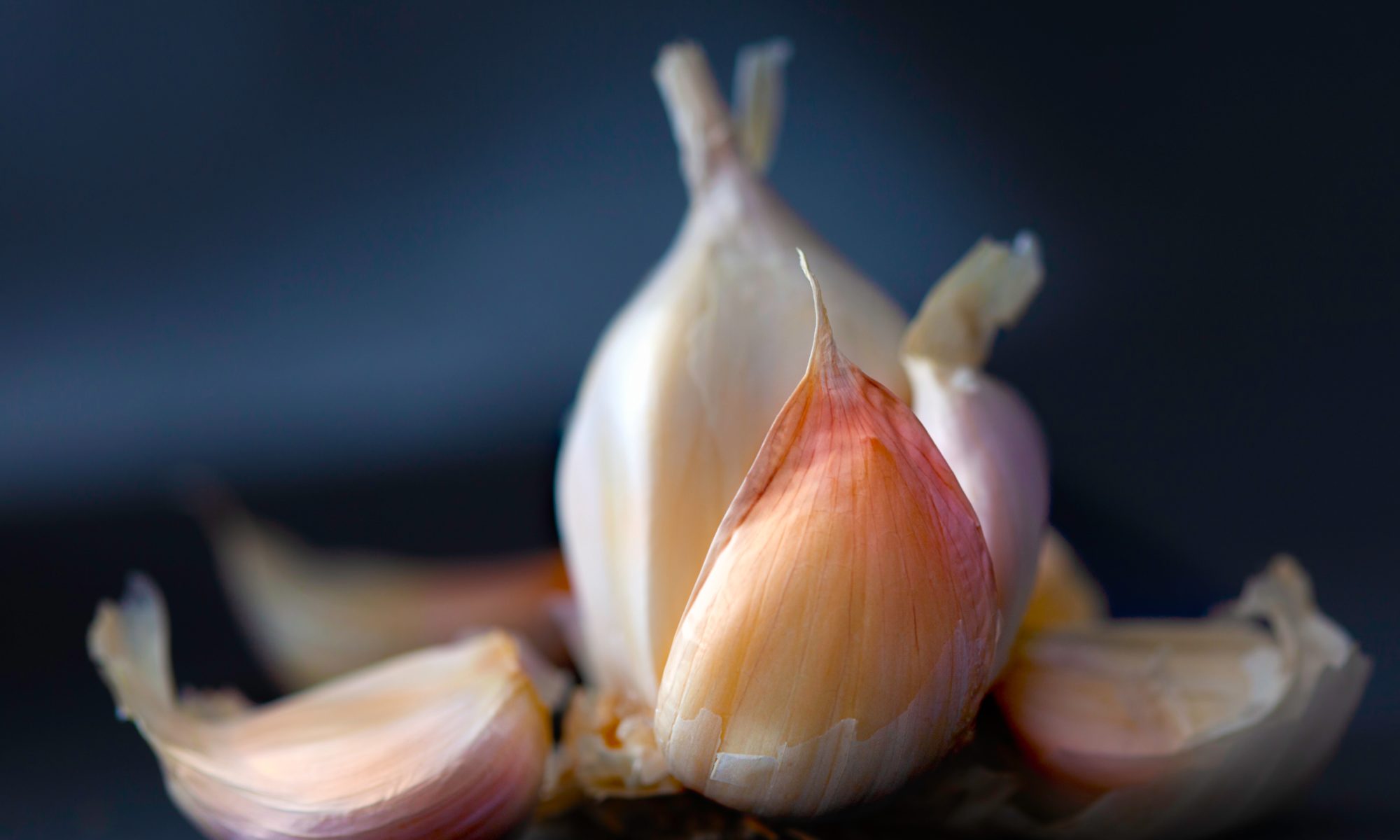
Planting and Harvesting Advice from UT Extension
KNOXVILLE, Tenn. – “Two cloves of garlic.” This line is in thousands of recipes, and those who enjoy cooking at home understand how quickly a bulb of garlic can disappear. For many Tennessee home chefs, garlic is an ingredient that could easily be grown at home, and University of Tennessee Extension has tips to realize a plentiful harvest of this flavorful vegetable.
“For folks who are new to home produce, garlic can be a novel and rewarding place to start,” says Natalie Bumgarner, UT Extension plant specialist. “There are two main kinds of garlic, hardneck and softneck, and Tennessee is a transitional area between the hardneck and softneck growing regions. This means gardeners are encouraged to try a few varieties to determine which flavor and size they like best. Hardneck garlic can produce larger cloves and may be more winter hardy than softneck,” continues the expert.
Since most garlic varieties require 150-200 days to mature, Bumgarner suggests planting in late October or early November in order to harvest in early summer. A loose, friable soil with a pH level between 6.0 and 6.5 is best. Using slightly raised beds is also suggested, as Tennessee winters can be very wet and a raised bed will provide adequate drainage.
Garlic is planted in the ground as a full clove, rather than as seeds. Sometimes it is planted in 4 inch by 4 inch grids with cloves 1 to 1.5 inches deep. Growers should scout their garlic plants for pests and disease and manage weeds since all of these can reduce yields.
To harvest, dig bulbs with a small shovel in mid-May to mid-June and look for segmented cloves with a tight outer skin. Cloves should have 4-6 shells around the garlic, called wrapper leaves. In order for garlic to store well, it should be cured in an area with good air movement that is out of the sun for about six weeks.
Tennessee growers who are utilizing the 2019 Tennessee Home Vegetable Garden Calendar will notice a spotlight on garlic in the month of November.
For more home garden resources, contact your local county Extension office.
Through its mission of research, teaching and extension, the University of Tennessee Institute of Agriculture touches lives and provides Real. Life. Solutions. utia.tennessee.edu.